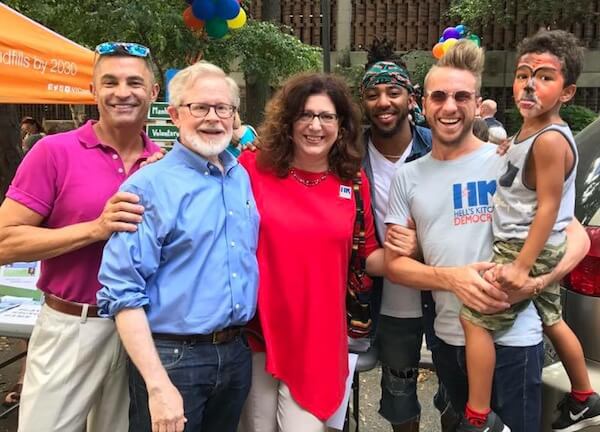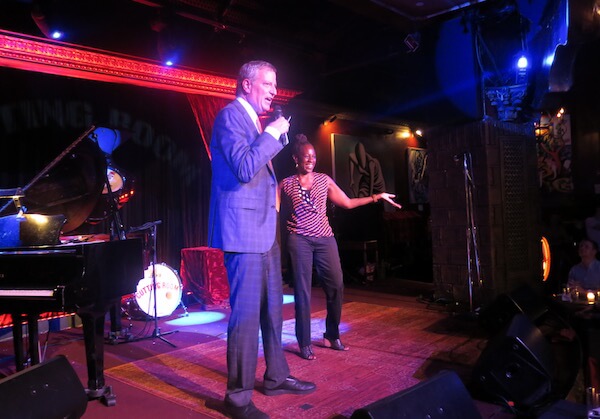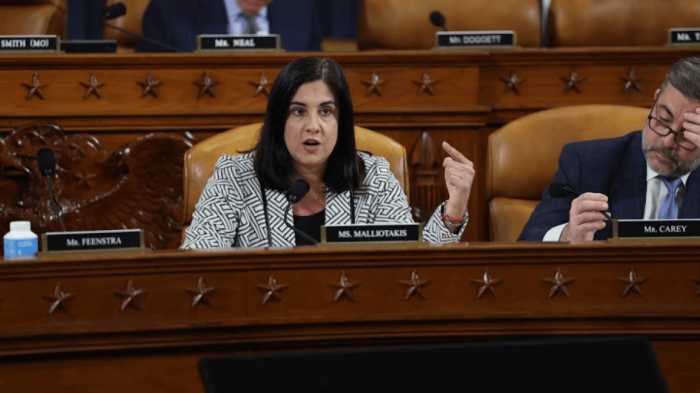BY LETITIA JAMES & BENJAMIN BASHEIN | Thirty years ago, the world was still trying to figure out what HIV was –– let alone how to prevent it.
We remember New York City during those dark years –– when countless men in communities across the city were getting sick and dying before our very eyes. But we have persevered through the darkness, and today, we can end this epidemic with a simple pill.
Pre-Exposure Prophylaxis (PrEP) is a relatively new and safe medication for people who don’t have HIV to prevent the infection from taking hold after exposure to the virus. Several studies have proved that the risk of getting HIV was 92 percent lower for those who consistently took the pill.
Being diagnosed with HIV in the United States should no longer be an immediate death sentence. Modern medicine can and will continue to help people with HIV live longer and healthier lives.
But each year, approximately 50,000 new HIV infections are diagnosed in the United States, and a disproportionately high rate of these cases happen in New York City. While new HIV infections have decreased among most populations, young gay and bisexual men of color have seen their HIV rates double.
HIV is not just a health crisis, it is a financial one as well. The average cost to treat one person with HIV over the course of a lifetime is estimated at $400,000. These individuals are frequently discriminated against and continue to be at high risk of losing their jobs or facing homelessness.
That’s why we need increased awareness around PrEP to help eliminate these challenges for the next generation.
PrEP is a preventative medication for HIV-negative individuals that can effectively eliminate the risk of infection when taken daily. Without shame or stigma, all gay and bisexual men and transgender women who are sexually active should consult with their healthcare professionals to determine if PrEP is the right option for them.
The medical industry must also do its part. We need to provide new training for a health care professionals and ensure that STD clinics, community health centers, and student health centers citywide have the resources to educate their patients and administer PrEP. We must also train non-medical service providers –– such as social workers, case managers, correctional facility personnel, faith-based outreach workers, educators, substance use counselors, and others who work in New York neighborhoods most affected by HIV. If we are going to beat this epidemic, these professionals need to have the tools to discuss PrEP with everyday New Yorkers in an accessible way.
Perhaps the biggest misconception about PrEP is that it’s too expensive for low-income New Yorkers. Medicaid in New York State covers PrEP medication. And despite its high market price, even uninsured individuals who earn up to about $59,000 — or higher, in special cases — can receive it at little to no cost through a patient assistance program sponsored by the manufacturer.
For those of us that lived through the 1980s, it seems a miracle to be discussing the true end of the AIDS epidemic in New York. We can truly end this horrific disease once and for all, but only if we work together.
We call on each and every one of you to encourage your family, friends, colleagues, and neighbors to know their status by getting tested, seek treatment if infected, and begin utilizing common sense prevention if not.
Anyone interested in PrEP should reach out to their health care provider. If you do not have a health care provider, the City Department of Health and Mental Hygiene can provide a list of clinics with experience in providing PrEP. For help getting Medicaid or low-cost insurance, call a city health department enroller at 718-953-8234.
Letitia James is the New York City public advocate (pubadvocate.nyc.gov). Benjamin Bashein is the executive director of ACRIA (acria.org).




































